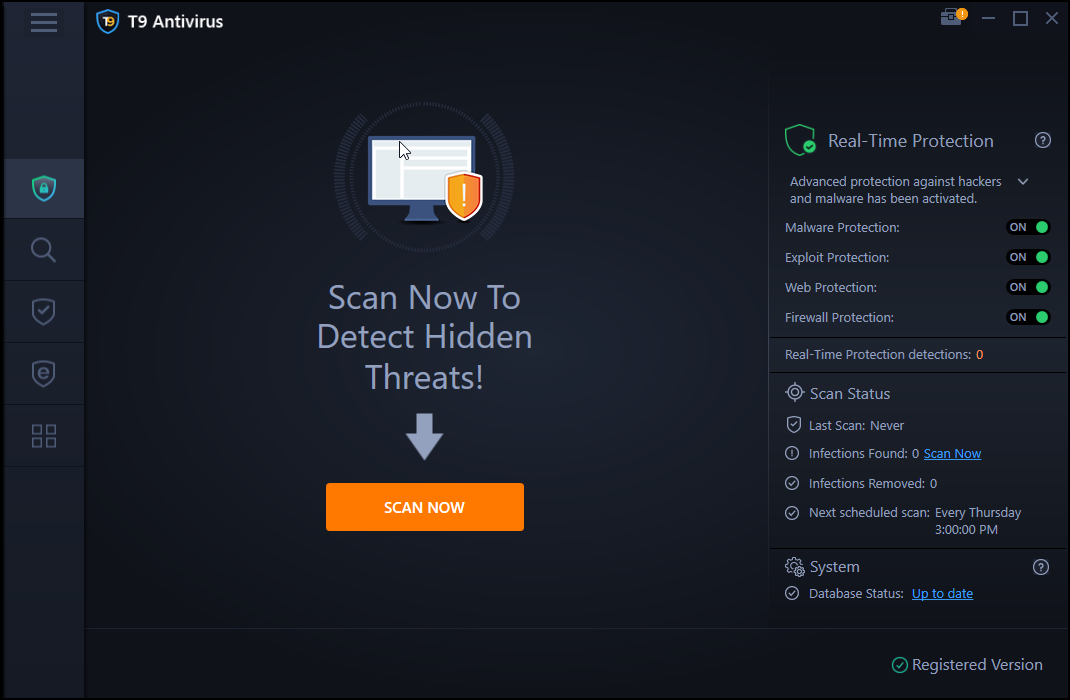Scammers impersonating government officials or law enforcement agencies are stealing personal information and money from unsuspecting consumers, according to the FBI. Scammers utilize bogus credentials from well-known law enforcement agencies to contact victims after obtaining phone numbers and names from real users. The con artists will also contact or text you about ostensibly missed jury duty, court dates, arrest warrants, or other local fines that need to be paid.

Payment can be demanded in a variety of ways, but the most prevalent include prepaid cards, wire transfers, and cash transferred via mail or cryptocurrency ATMs. Scammers in disguise will threaten victims with prosecution or arrest if they do not pay the penalties or reveal their information.
How To Protect Yourself From Phishing Scams
Phishing Scams Over The Phone: How To Spot Them

According to the FBI, no law enforcement organization will ever contact you and ask for money, but if you’re still confused about whether you’re being scammed, here are some more phishing methods to help:
Verify the source
Unsolicited phone calls or texts should be avoided until they can be verified by a second source. Check the identification of the caller with the organization they claim to represent. Make it clear that you will be following up to verify their identity by asking for their name and position.
Personal information should be kept private
Don’t give up any personal or financial information over the phone, over text, or through a text message link.
Personalization factor is lacking
Generic pleasantries that do not mention you by name, especially while requesting that you verify your identity or pay a charge, are a sure sign that you are being duped.
Spelling and design
Any unusual grammatical or spelling issues in a text message could indicate that the sender is posing as an official agency, company, or higher-up to defraud you.
Phishing Scams Over The Email: How To Spot Them
Scammers may try to deceive users over the phone, but phishing scams can also occur over email. In addition to the strategies listed above, here are some additional phishing email detection and avoidance tips:
A slightly erroneous sender address
Cybercriminals frequently use bogus email addresses with minor changes to letters or characters to mimic well-known brands or individuals. One email address that displays “bank0famerica.com” is an example where there is a zero instead of “o”.
Hyperlinks
If you get an email or message with a link, linger over it instead of clicking it. This will show you a preview of the link. Do not interact with the URL if it appears suspicious or does not match the email’s content. Instead, delete the entire message.
Attachments

Any attachment in an email should be treated with caution. Scammers frequently use attachments to introduce viruses and malware to unwary victims’ computers. If you have downloaded an attachment by mistake then a powerful real-time antivirus can only save you. Antivirus software protects your devices from viruses, malware, ransomware, and other malicious software that tries to steal your information. It also works in the detection of viruses, malware, possibly unwanted programs, and other harmful threats that try to compromise computer security.

In today’s connected society, advanced threats are one of the most difficult security challenges. The greatest approach and answer for limiting these risks is to use a multi-faceted application like T9 Antivirus, which features real-time security and multiple shields. Before data is compromised, security technology detects attacks and successfully stops them.
T9 Antivirus Exploit Protection is a frequently neglected technology that protects PCs from malware-infected through security holes.
Your Thoughts On How To Protect Yourself From Phishing Scams According To The FBI?
Phishing scams can be deceptive, especially when you’re under duress from a government official or law enforcement agency that appears to be legitimate (but isn’t). However, if you follow the advice above, you’ll be able to recognize these frauds from a mile away and stay safe online!
Follow us on social media – Facebook, Instagram, and YouTube. For any queries or suggestions, please let us know in the comments section below. We would love to get back to you with a solution. We regularly post tips and tricks, along with answers to common issues related to technology.



 Subscribe Now & Never Miss The Latest Tech Updates!
Subscribe Now & Never Miss The Latest Tech Updates!